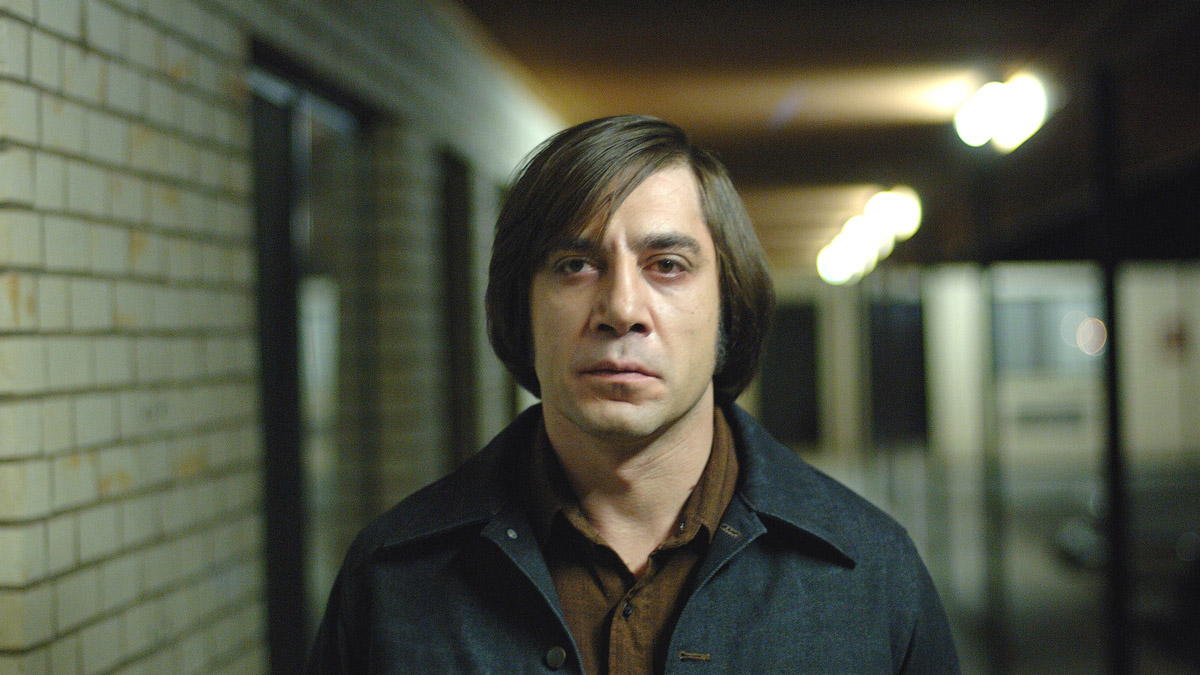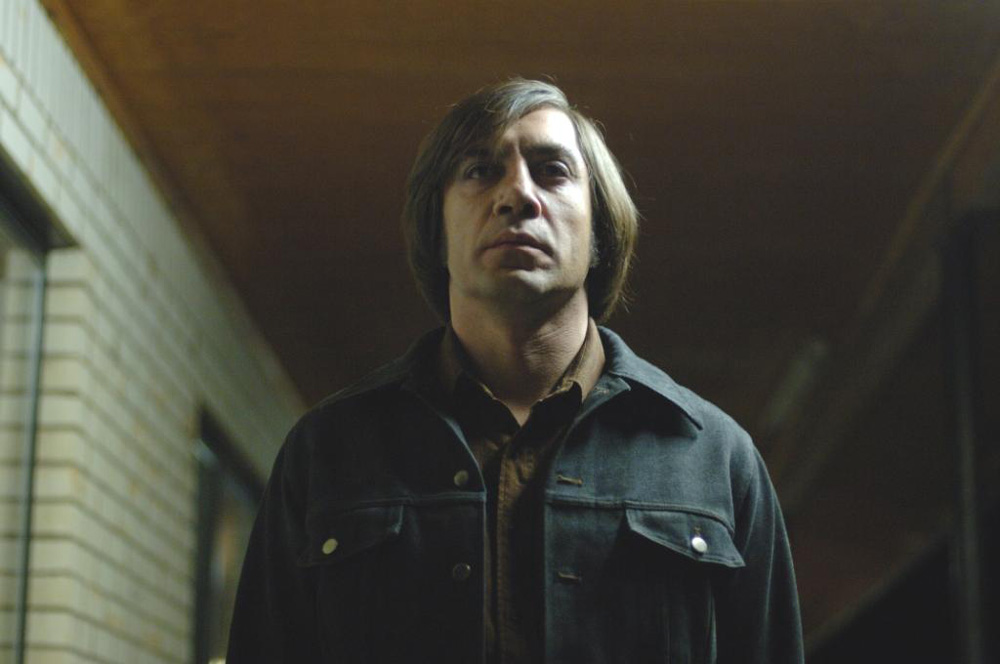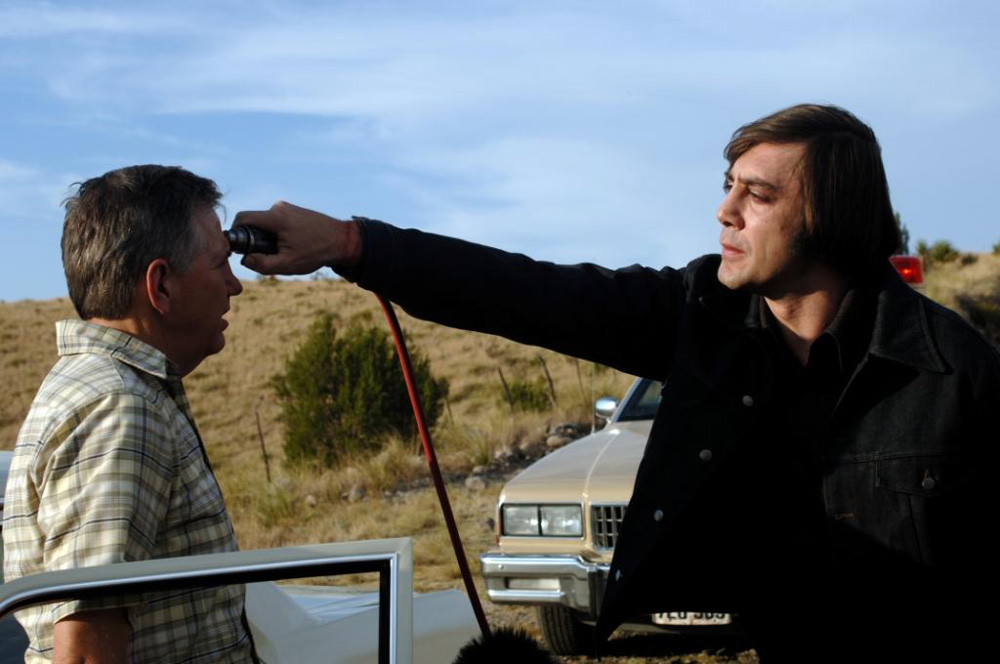
(C) 2007 by Paramount Vantage, a division of Paramount Pictures and Miramax Film Corp. All Rights Reserved.
``No Country for Old Men'' Fear without assertion or pain. “Disappearance of emotion” that brings an end to the previous era
2019.09.10
The ``slowness'' and ``misalignment'' that brought Bardem the Oscar
While Brolin and Jones struck a balance, it was Bardem who was responsible for the outstanding creativity. The underlying theme of this film is ``A Changing America,'' and Chigurh's role was required to be a ``foreign object,'' including his nationality and thought process.
While he stands in opposition to the "old America" that Belle and Moss embody, he also exhibits a "uniqueness" that is decisively different from the characters in other works - for this reason, Bardem intentionally plays Chigurh's movements at a slower tempo. It is said that
Although he was quick when it came to killing, he slowed down his rhythm when it came to everyday movements, and that ``difference'' made him feel strange. For example, when he breaks into Moss's house, he slowly drinks milk from the refrigerator, creating a bizarre mood that mixes seriousness and humor. Even in an emergency, Chigurh does not run at full speed, instead cornering his target with sloppy movements.

"No Country for Old Men" (C) 2007 by Paramount Vantage, a Division of Paramount Pictures and Miramax Film Corp. All Rights Reserved.
In the scene where Moss visits a woman in search of his whereabouts, he asks the same questions over and over again and stares in strange directions, creating a creepy atmosphere. He engages in a distorted conversation with the store owner that resembles a Zen debate, and a sudden coin toss makes him feel like he is in danger. Chigurh's ``slowness'', as revealed by Bardem, functions admirably as the backbone of the character's mystery.
He also commits a series of unpredictable and eccentric acts, such as suddenly shooting a crow that is perched on the railing of a bridge, and closing the motel door once and then quickly opening it again. An invention that does not simply remove facial expressions, but rearranges the way emotions are expressed. As a result, a ``discrepancy'' occurred that was neither mechanical nor human, and it reached the dimension of ``something'' that was supernatural and beyond human comprehension.
What helped with this was the use of theatrical accompaniments. In "No Country for Old Men", music only plays for 16 minutes out of 122 minutes, and most of it is the end credits. In other words, almost no music is used in the main story, and the audience cannot be ``prepared'' to be immersed in the mood by the music. Because he keeps looking at the screen, constantly feeling the fear and tension of not knowing what will happen next, each of Chigurh's actions touches his nerves even more.

"No Country for Old Men" (C) 2007 by Paramount Vantage, a Division of Paramount Pictures and Miramax Film Corp. All Rights Reserved.
The character Anton Chigurh has a huge visual influence, with his aforementioned bobbed hairstyle and the weapon he uses being a cattle gun (air gun for slaughter), and the character Anton Chigurh is still highly regarded as a villain who symbolizes the 00s. ing. Bardem, who showed off his overwhelming strength in this film, gained even more popularity when he played Bond's nemesis in Skyfall (12).
Even the victims are ``unemotional'' - heretical depiction of violence

